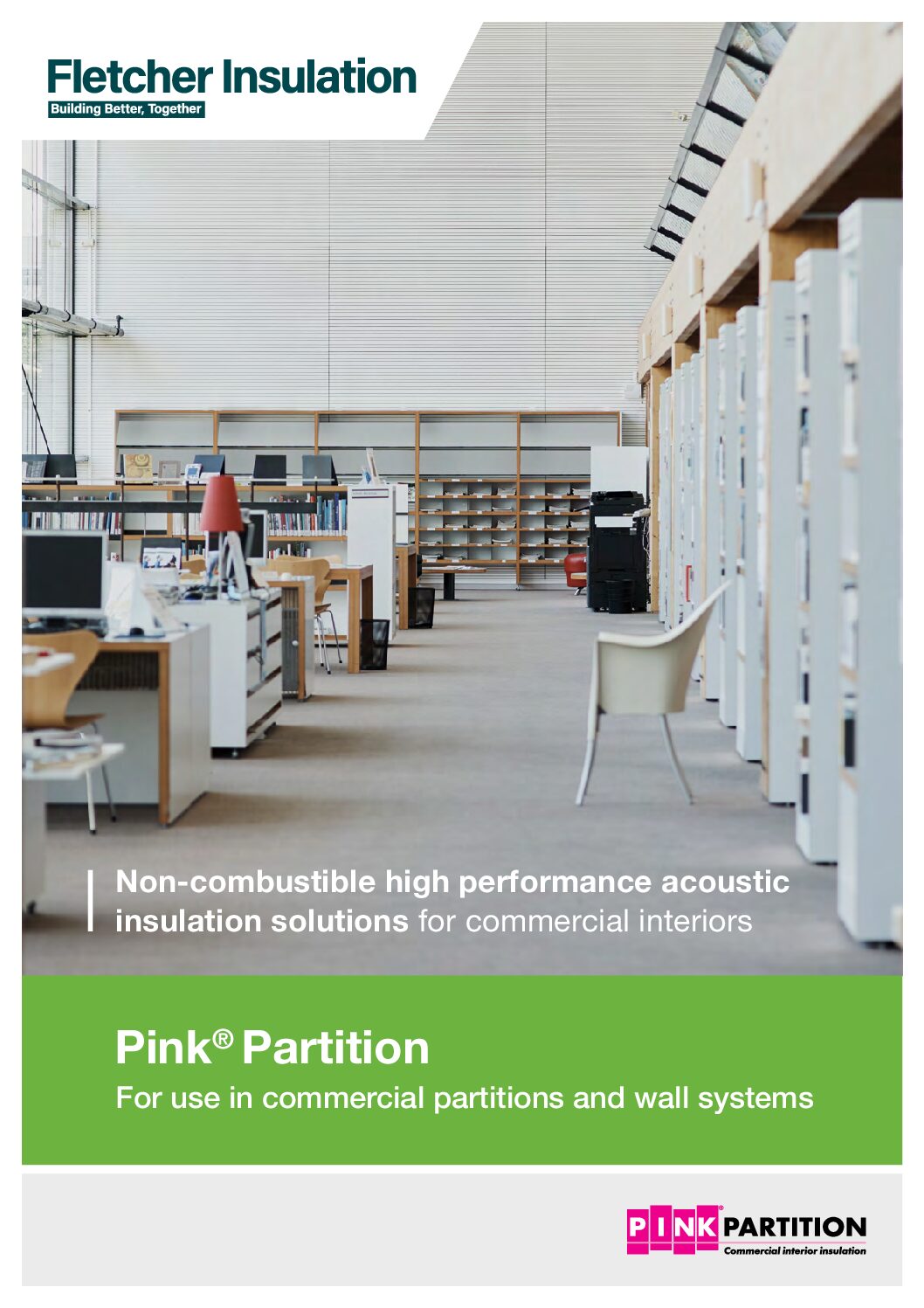Retail, Hospitality & Entertainment
Designing sustainable, healthy, and comfortable environments for people to shop, relax, and enjoy
Exceptional customer experiences start with a comfortable environment.
An outing to the theatre can be marred by poor sound quality. The relaxed ambience of a favourite restaurant is spoilt by noise amplified by too many hard surfaces. A good night’s sleep is ruined by noisy neighbours or from the nightclub downstairs.
Insulation reduces unwanted noise, ensuring customers can shop, dine, and enjoy their experience with pleasure. It also helps maintain a consistent and comfortable temperature throughout the day, enhancing the thermal comfort of patrons.
Using our range of sustainable insulation materials – in walls and ceilings, under floors and roofs, around building services, and in and around the HVAC – we help designers build more comfortable leisure and retail environments.
How insulation helps to create better environments
- In Australia, the hotel industry accounts for about 12%, and the retail sector is responsible for an estimated 36% of energy use in non-residential buildings. These are some of the most energy-intensive commercial structures, primarily due to air conditioning, space heating, and water heating demands. Insulation works to increase a building’s energy efficiency, reducing the thermal load on HVAC systems.1
- In hospitality, an inviting atmosphere improves the customer experience and encourages them to return. Insulation is an essential part of the building fabric design, improving customer comfort by minimising drafts, overheating, and noise, enhancing the guest experience.
- Controlling external and internal sound leakage is crucial to reducing noise disturbance and supporting patron satisfaction, particularly in a concert hall or movie theatre.
At Fletcher Insulation we’ll help you specify the optimal insulation materials for your retail, hospitality, and entertainment building projects.
We provide solutions that contribute to creating:
- a healthier indoor environment
- reduced energy solutions to control costs and environmental impact
- higher Green-Star ratings and WELL certification
- safe, fire-resistant construction systems .
Taking a holistic approach to the health and wellbeing of people
Ensuring a positive customer experience is essential for business sustainability in restaurants, retail stores, and hospitality venues.
A comprehensive approach incorporating effective insulation and intelligent building design further enhances people’s wellbeing.
The health of people working in retail, hospitality, and entertainment environments is of particular concern. Research shows that when it’s very cold or hot, there’s a higher chance of getting hurt or sick at work.2
In extreme thermal conditions, discomfort can lead to adverse behavioural consequences. These include disorientation, impaired judgment, decreased concentration, reduced vigilance, carelessness, and fatigue. Chronic ailments like respiratory and skin diseases can also worsen due to factors linked to extreme temperatures. Good IAQ supports respiratory health and overall comfort.
Well-designed buildings consider thermal comfort, acoustic quality, indoor air quality, energy efficiency, access to natural elements, flexibility, and user-centred design. They enhance physical, mental, and emotional wellbeing, and provide exceptional and sustainable experiences.
The importance of acoustic comfort
Acoustic comfort is often underrated as a key concern for a building’s occupants. But we know that continual and unavoidable noise exposure negatively impacts individuals’ wellbeing and health.
- Noise pollution can be a significant source of discomfort in retail, entertainment, and hospitality settings.3
- Shopping centres are places full of sensory stimuli. Excessive noise is a common problem having adverse effects on verbal communication and the perception of the spoken word.4
- The continuous operation of noise sources like ventilation and air-conditioning systems raises sound levels, significantly degrading acoustic quality, especially in atrium spaces. Insulation decreases sound reverberation in walls and ceilings, helping to avoid sensory overload.
- Insulation materials can effectively control noise transmission, reducing the impact of external sounds and internal disturbances. Smart designs incorporate sound-absorbing materials, layout optimisation, and proper room acoustics to create tranquil and enjoyable environments.
Fletcher Insulation products are designed on the principle that quality acoustic design supports the health and wellbeing of all people in our community.
Controlling indoor thermal comfort, air quality and building condensation
Maintaining the right temperature, ventilation, and level of humidity indoors enhances people’s wellbeing.
In a retail, hospitality, and leisure setting, it also increases their enjoyment and satisfaction with the experience.
Factors contributing to poor thermal efficiency include unwanted air leakage and insufficient ceiling, underfloor, and wall insulation.
The key to Fletcher Insulation’s approach is to devise a tailored solution for each type of building project. Whether you’re planning a large multi-use shopping complex or a boutique luxury resort, there’s always a solution to match.
We offer a range of insulation solutions that help reduce reliance on artificial cooling and heating systems and improve indoor air quality.
Protecting people and buildings from fire
Fire-safe workplaces safeguard lives and assets. Designing a fire-resilient building means prioritising the daily needs of its occupants. For architects shaping retail and leisure spaces, this means choosing materials that enhance safety.
Passive fire protection strategies, using non-combustible or low flammability materials to slow or impede the spread of fire or smoke by compartments, give occupants time to escape, and minimise risk to property and equipment, and the operation of businesses.
As well as meeting the National Construction Code (NCC), the standards and minimum requirements of insurers also come into play. It’s possible that opting for inferior insulation solutions could inflate insurance premiums.
By integrating Fletcher Insulation’s glasswool products into external cladding and internal partitions, you guarantee compliance with Australian Standards for combustibility—a crucial aspect of fire safety.
Fletcher Insulation steps up with a proven range of insulation solutions. Crafted from sustainable, non-combustible or low flammability materials, our products prioritise the wellbeing of people and buildings alike. Our expert team assists designers and specifiers to select the ideal fire-safe solution for your project’s unique challenges.
For the good of the planet
As the cost of energy rises, businesses are looking for ways to conserve their operating costs. That’s why our range of energy efficient solutions make commercial sense for property owners and managers.
It’s also reassuring to know that Fletcher Insulation continues to invest in sustainable manufacturing processes.
We help reduce the carbon footprint of the built environment by:
- making insulation with zero Ozone Depletion Potential (ODP)
- ensuring our insulation products support healthy indoor air quality and contain no harmful levels of Volatile Organic Compounds (VOCs)
- using recycled materials in our manufacturing process wherever possible – about 80% of the glass used in our glasswool insulation is recycled, transforming a waste product, and avoiding landfill.
References are listed in our Retail, Hospitality & Entertainment brochure.















